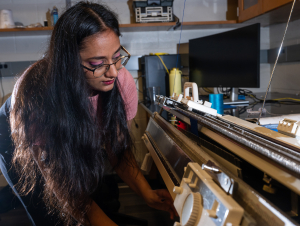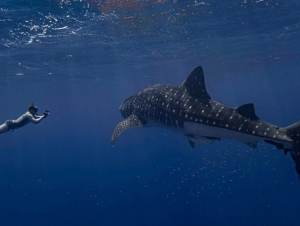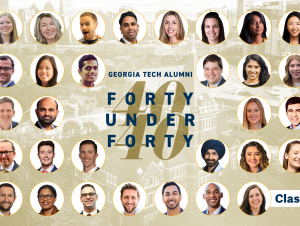To request a media interview, please reach out to experts using the faculty directories for each of our six schools, or contact Jess Hunt-Ralston, College of Sciences communications director. A list of faculty experts is also available to journalists upon request.
Latest News
This June, New York City’s government and utility urged households to conserve electricity during an extreme heat wave with temperatures reaching 100 degrees F. People were asked to set air conditioners to 76 degrees, to avoid using more than one air conditioning unit, and to delay using electricity-hungry appliances during peak cooling hours.
The big concern is that when every air conditioning unit is running at full blast, electricity demand can exceed total generating capacity and force the utility to implement rolling blackouts. These rolling blackouts avoid a total system failure but leave people without access to cooling and other electronics as temperatures reach dangerous levels.
As temperatures peak in the United States during the coming weeks, utilities and city governments may follow suit with similar requests for voluntary conservation. Voluntary requests for conservation in the United States are part of the standard energy emergency playbook and go back at least to President Carter’s request for Americans to reduce heating temperatures during the 1977 energy crisis.
So, do voluntary conservation requests work to save energy and prevent blackouts?
Georgia Tech’s inaugural summer study abroad program in southern Italy offered students a unique opportunity to research the science and culture of stress and well-being — while soaking in the Mediterranean sun.
Researchers in the School of Physics unravel the secrets of the centuries-old practice of knitting in a new study that explores the physics of ‘jamming’ — a phenomenon when soft or stretchy materials become rigid under low stress but soften under higher tension.
Experts say that more accurate depictions of sharks can help protect them and highlight their role in global ecosystems.
The interdisciplinary program provides an in-depth look at how science is communicated to the public, how policy shapes research, and how science communication affects society.
Four exceptional alumni from Georgia Tech’s College of Sciences have been named to the Georgia Tech Alumni Association’s 2025 class of 40 Under 40, recognized for their contributions in science, medicine, entrepreneurship, and education.







